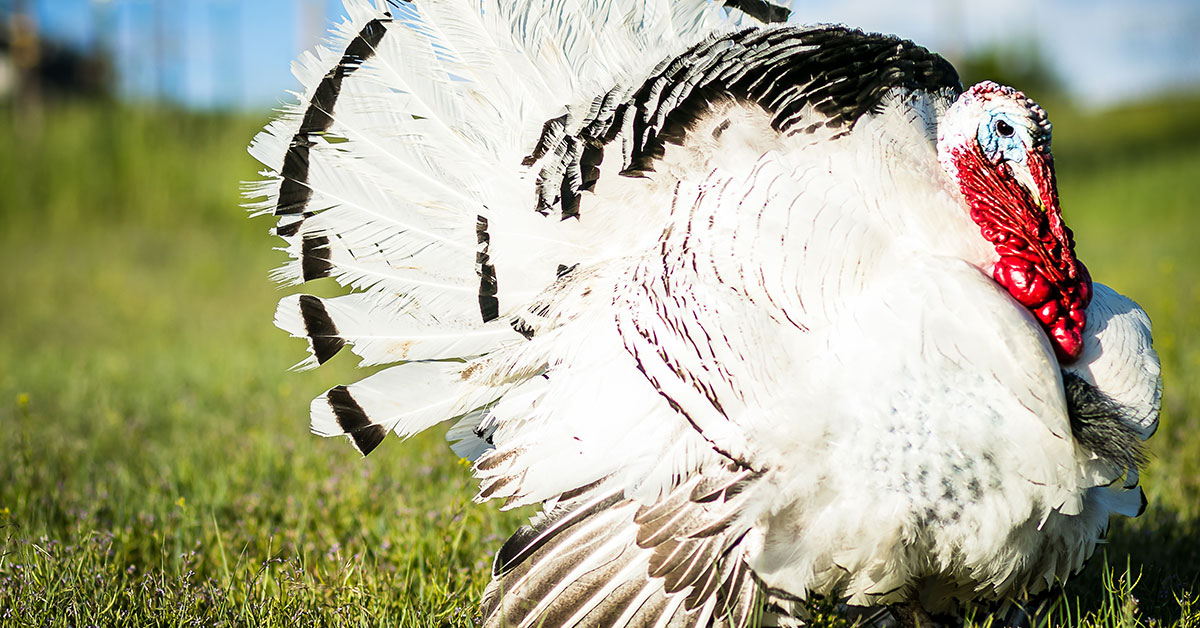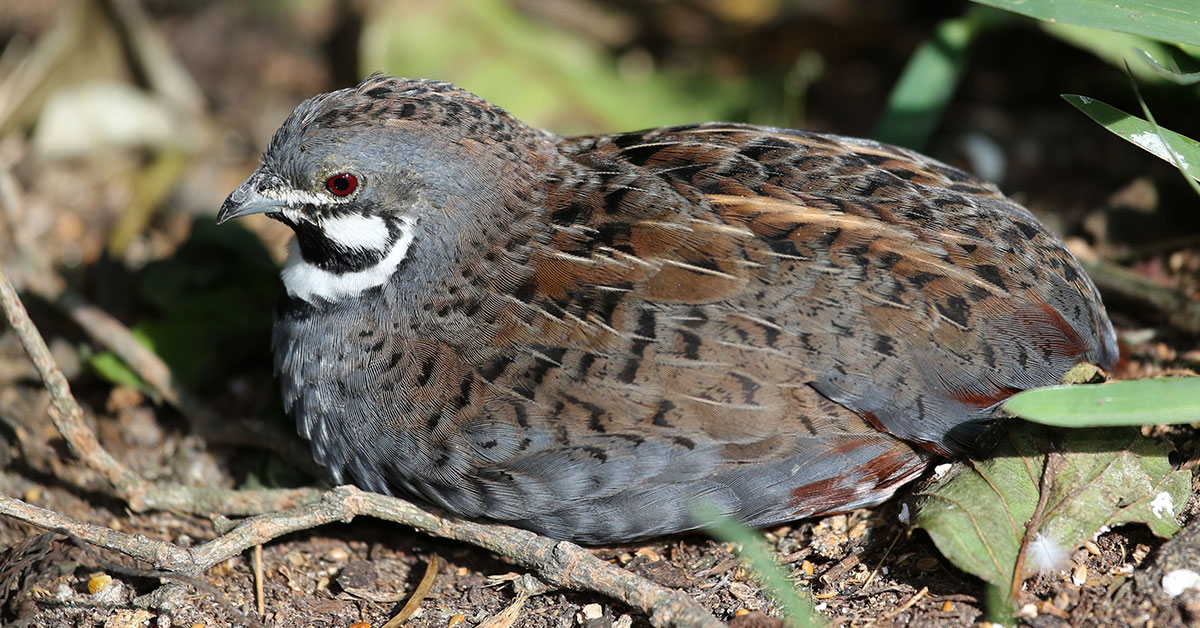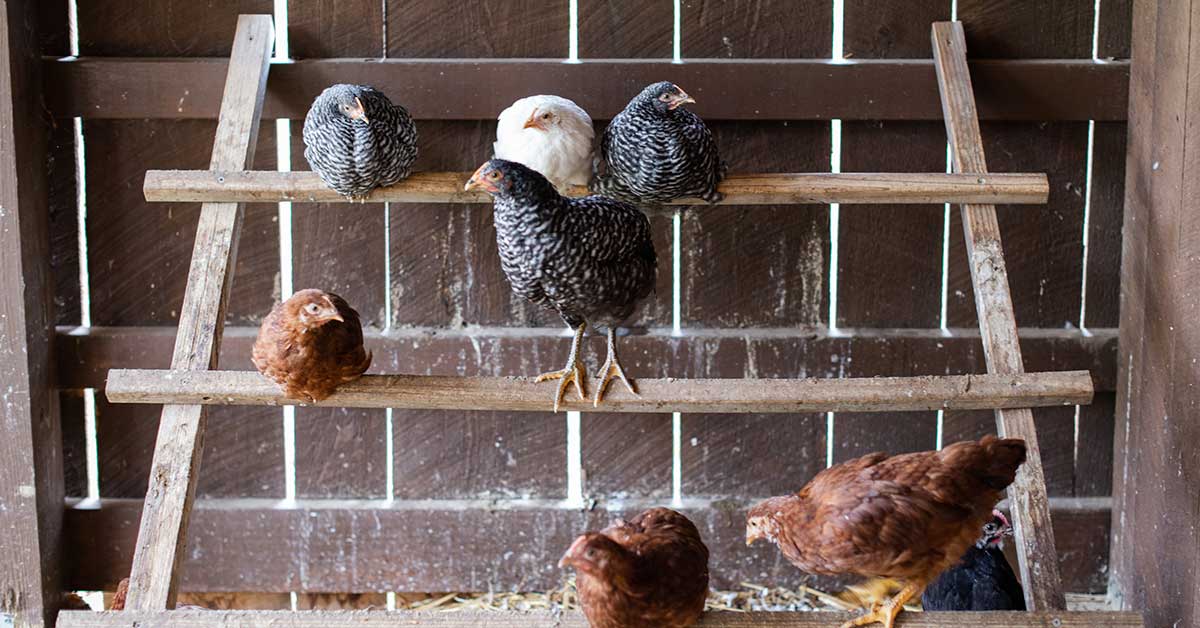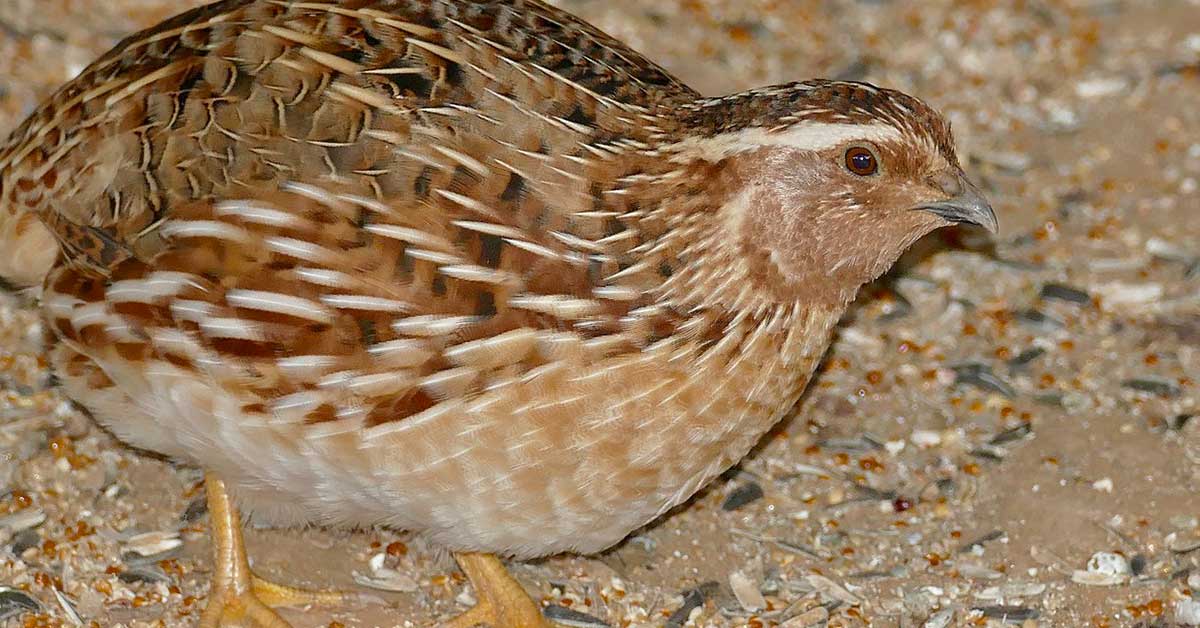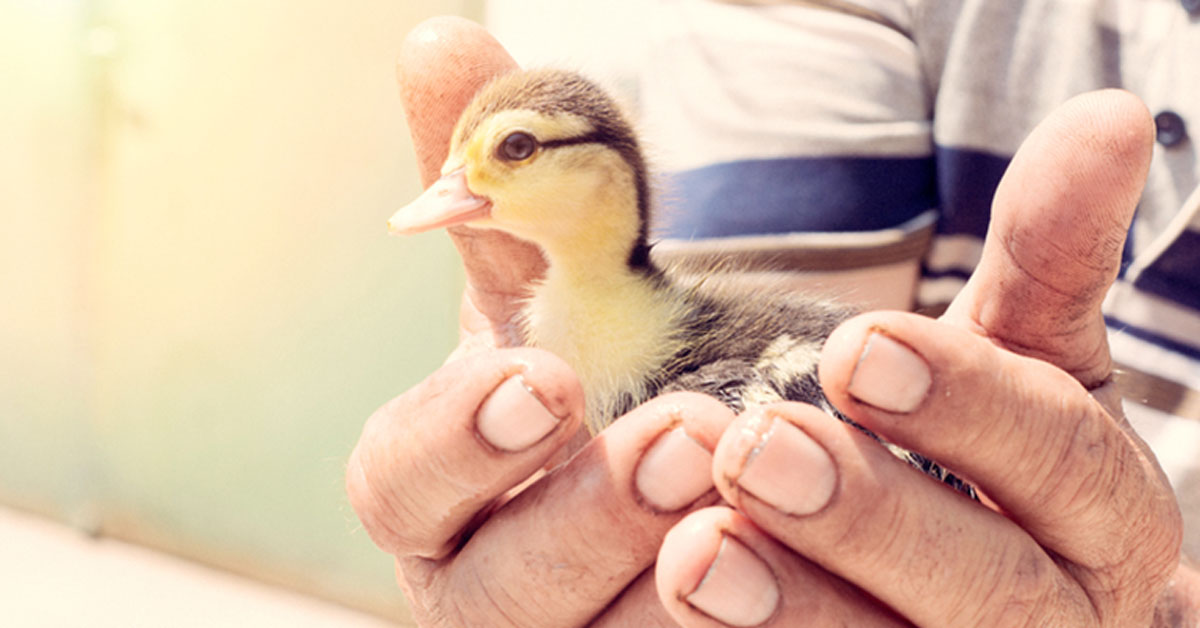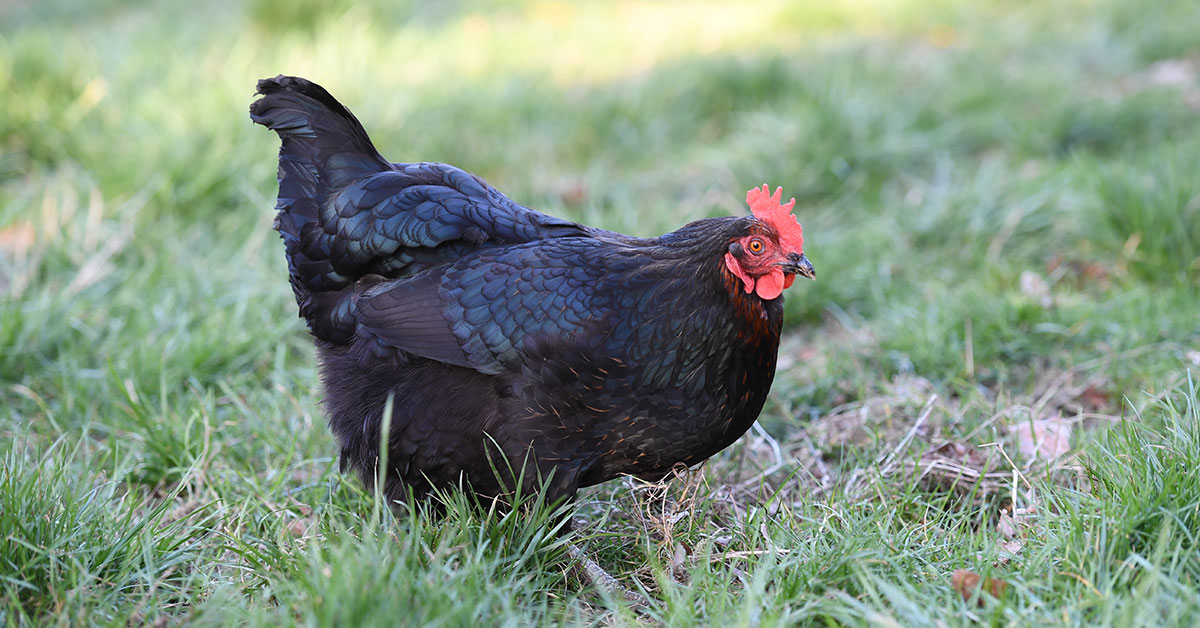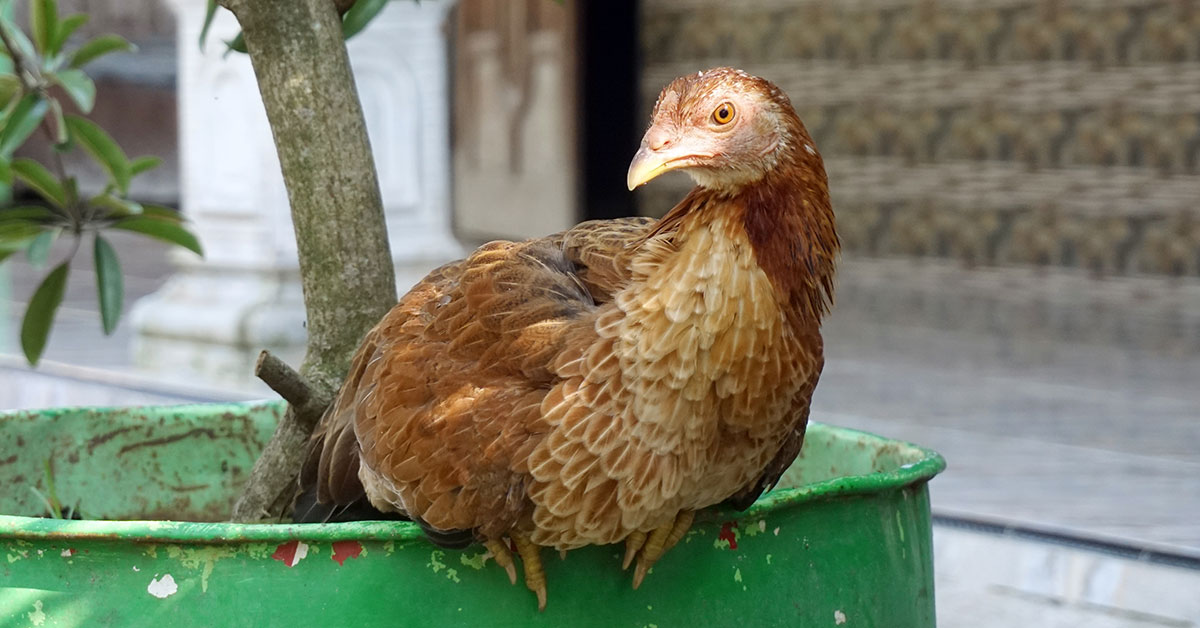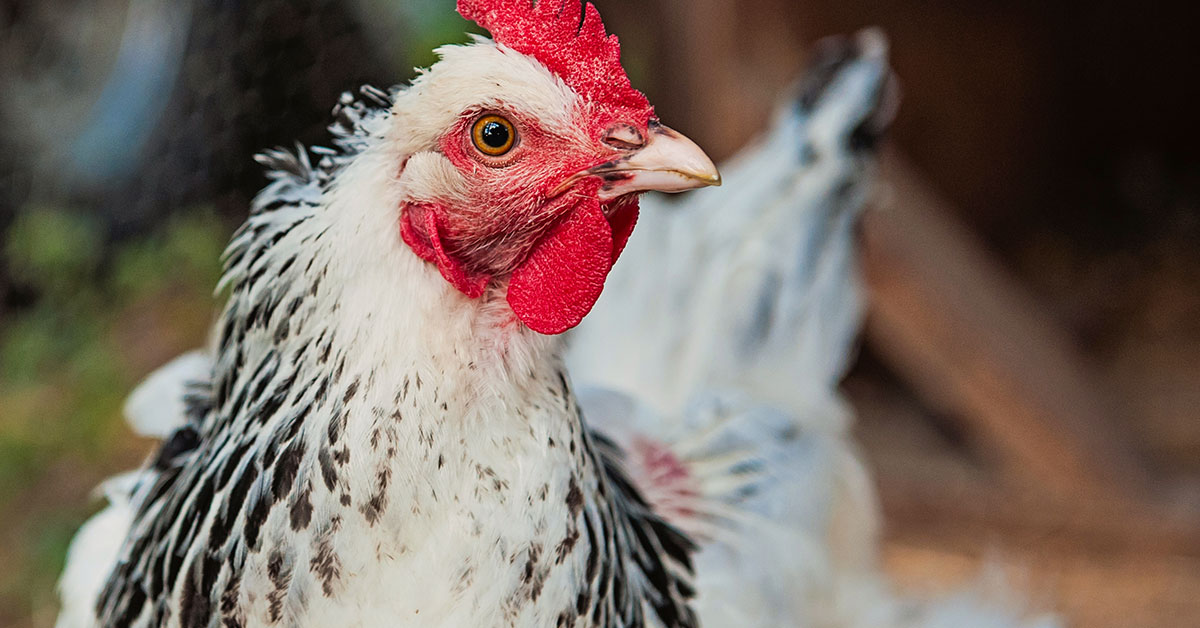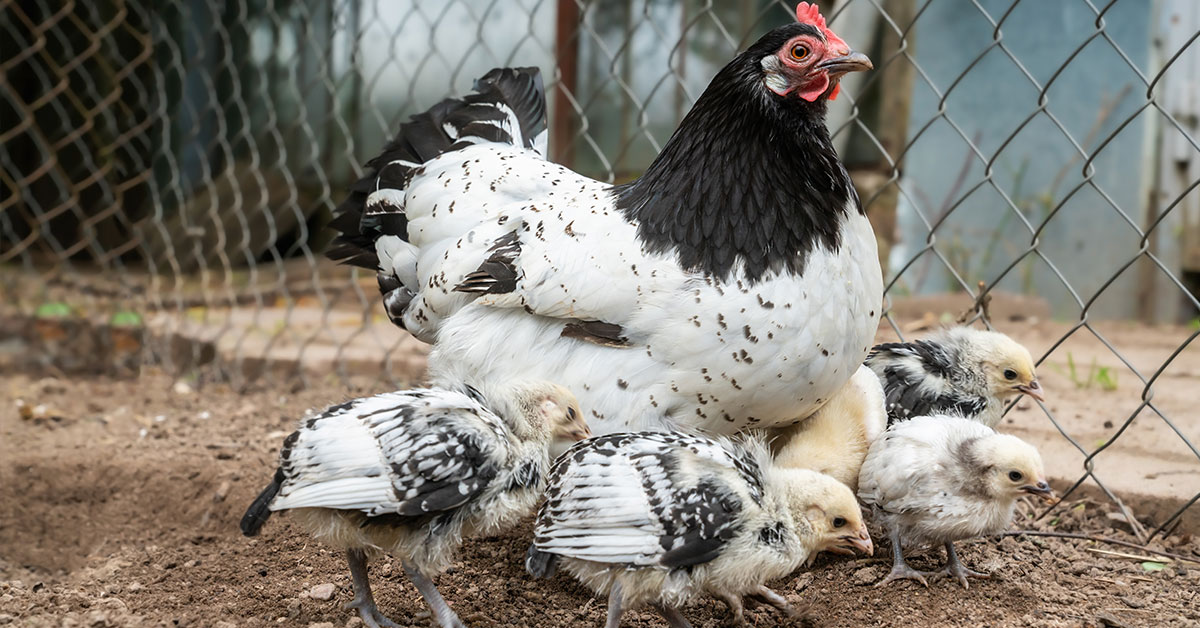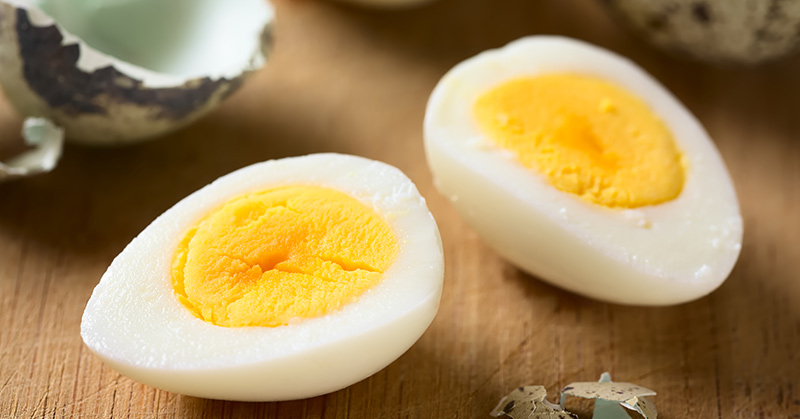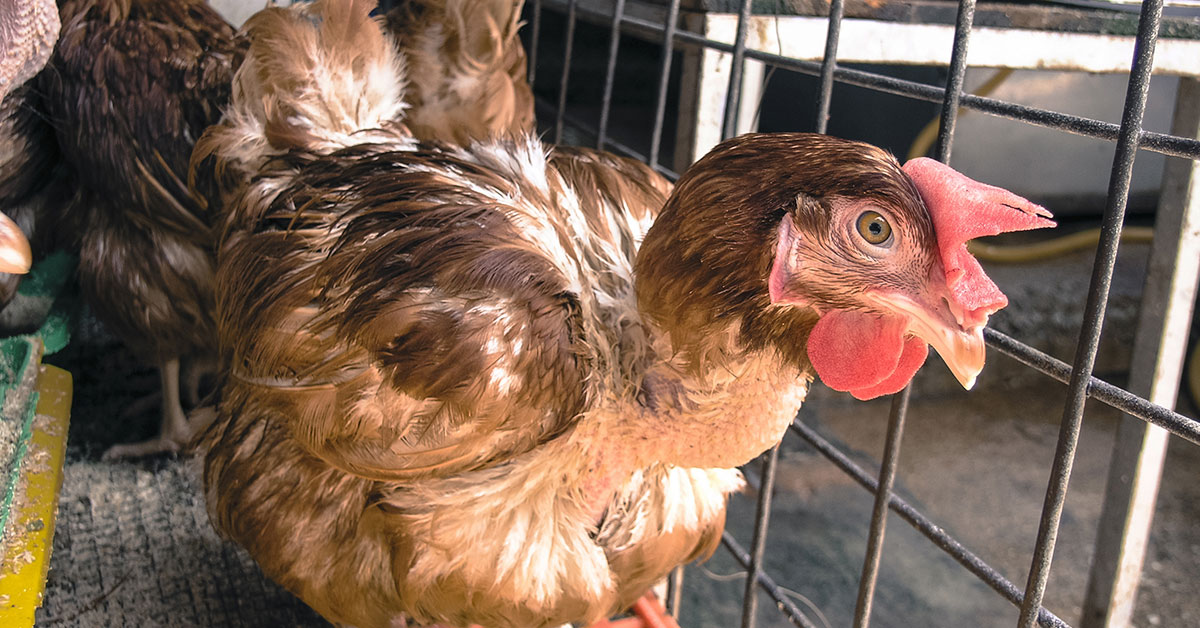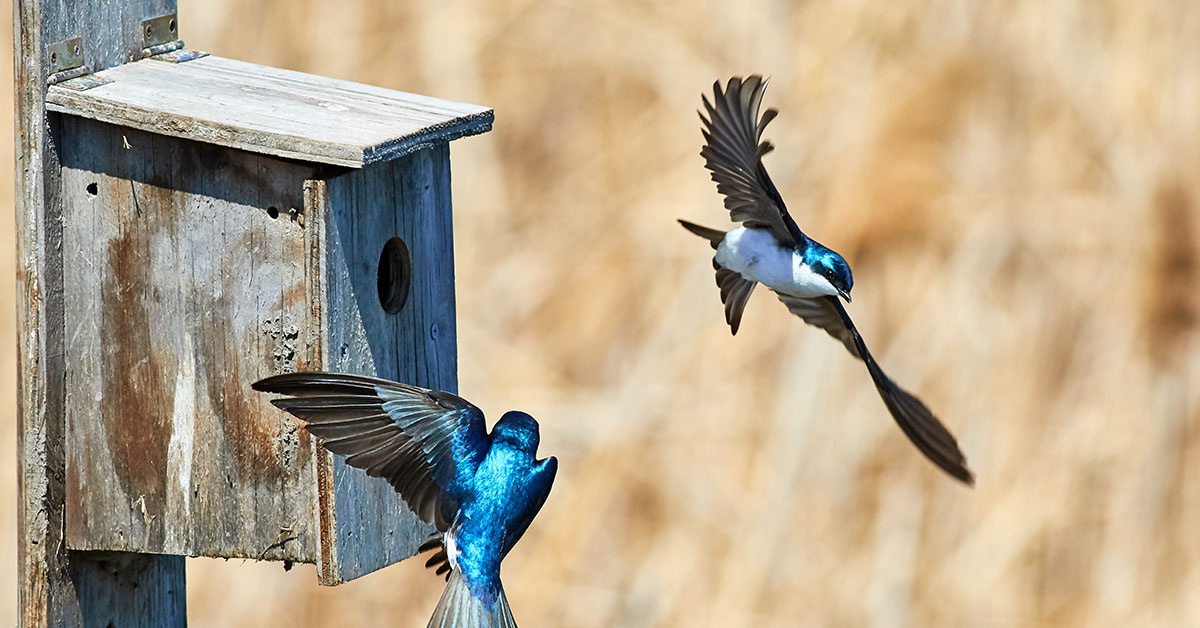Royal Palm turkeys, also known as American Royal Palms, are a beautiful breed of turkey that is highly valued for their unique appearance, gentle temperament, and excellent egg-laying abilities. In this article, we will take a closer look at the different aspects of Royal Palm turkeys, including their appearance, temperament, egg-laying capacity, purpose, and how to care for them.
Appearance and Temperament
Royal Palm turkeys are named for their distinctive black and white coloring, which resembles the colors of a royal palm tree. The feathers on their body are mostly white, with black markings on their wings and tail feathers. They have a small head with a red wattle and a blue-gray beak. Royal Palms are considered a medium-sized breed, with males weighing around 16 pounds and females weighing around 10 pounds.
Temperament Royal Palm turkeys are known for their gentle and friendly nature. They are intelligent birds that will often bond closely with their human caretakers. They are also quite social and do best when kept in groups or pairs. Royal Palms are not aggressive birds and can coexist peacefully with other poultry and farm animals. That said, tom turkeys (males) can at times become aggressive and should be carefully watched.
Egg Laying and Purpose
One of the main reasons that Royal Palm turkeys are popular with farmers and homesteaders is their excellent egg-laying ability. A mature female turkey can lay between 80 to 120 eggs per year, with each egg weighing between 50 and 60 grams. The eggs are typically white with brown speckles and are considered to be of high quality for both eating and hatching.
Royal Palm turkeys are primarily kept for their eggs and as ornamental birds. They are not commonly used for meat production as they are smaller in size than other breeds, and their meat is considered to be less flavorful. However, they are sometimes raised for their meat by small-scale farmers or backyard homesteaders.
Breed origins
The origin of the Royal Palm turkey breed is not entirely clear, but it is believed to have originated in the United States during the 1920s or 1930s. The breed is thought to be a result of selective breeding efforts that combined various turkey breeds, including the Narragansett, Bronze, and White Holland. The goal of these breeding efforts was to produce a smaller, more ornamental turkey that was suitable for backyard farming and egg production.
The breed’s distinctive black and white coloring was likely a result of crossbreeding with wild turkeys from the Florida Keys. The Royal Palm turkey breed was recognized by the American Poultry Association in 1971 and has since become a popular breed for both small-scale farming and as pets.
Breeding Royal Palm Turkeys
Breeding Royal Palm turkeys involves selecting healthy and genetically diverse breeding stock, providing a suitable breeding environment, and closely monitoring the mating and egg-laying process. When selecting breeding stock, it’s important to choose birds that are free from genetic defects or health issues, and that exhibit the desired characteristics of the breed.
A breeding pair should be housed in a spacious and secure environment with access to food, water, and nesting areas. Breeding usually occurs between February and May, with females laying eggs between March and June. The eggs can be incubated at home or left with the female to hatch naturally.
Raising and caring for young poults involves providing them with a balanced diet, a safe and comfortable living environment, and regular health checks to ensure they develop properly. By following these steps, you can successfully breed Royal Palm turkeys and raise a healthy and vibrant flock.
Incubating Royal Palm turkey eggs at home follows the same basic principles as incubating eggs from other turkey breeds. However, it’s important to ensure that the eggs are collected and stored carefully to maintain their viability. Royal Palm turkey eggs require a specific temperature and humidity level during incubation, and the eggs should be turned regularly to prevent the embryo from sticking to the shell. Incubating Royal Palm turkey eggs at home can be a rewarding experience, allowing you to watch the eggs hatch and raise your own flock of these beautiful birds.
Caring for Royal Palm Turkeys
Caring for Royal Palm turkeys is relatively easy, but there are a few things to keep in mind. Domesticated turkeys require shelter that is safe, dry, and draft-free. The type of housing they need will depend on the purpose of keeping them. If you’re raising turkeys for meat, they will require a different type of housing than if you’re keeping them as pets.
Here are some general guidelines for the housing of domesticated turkeys:
- Space: Turkeys require ample space to move around and spread their wings. Each bird should have at least 4-5 square feet of floor space. If you’re raising turkeys for meat, they will require more space.
- Protection: The housing should be predator-proof, with sturdy walls and a secure door that can be locked at night. Turkeys are vulnerable to attacks from predators like foxes, raccoons, and dogs.
- Roosting: Turkeys like to perch at night, so you should provide roosting poles or platforms. These should be at least 1-2 feet off the ground and sturdy enough to support the weight of the birds.
- Ventilation: The housing should be well-ventilated to prevent the buildup of moisture and ammonia. Proper ventilation will also help regulate the temperature inside the housing.
- Bedding: Provide plenty of clean, dry bedding for the turkeys to nest in. This can be straw, wood shavings, or other types of bedding material.
- Feeding and watering: Turkeys require access to clean water and a balanced diet. Make sure to provide them with fresh water and food daily.
Overall, domesticated turkeys require a clean and comfortable living environment that protects them from the elements and predators. By providing them with adequate shelter, food, and water, you can ensure their health and well-being.
Royal Palm turkeys are a delightful breed of turkey that is valued for their unique appearance, gentle nature, and excellent egg-laying ability. They are easy to care for and make great pets or additions to small-scale farms and homesteads. By providing them with a safe and healthy environment, you can enjoy their company and reap the benefits of their delicious eggs.
